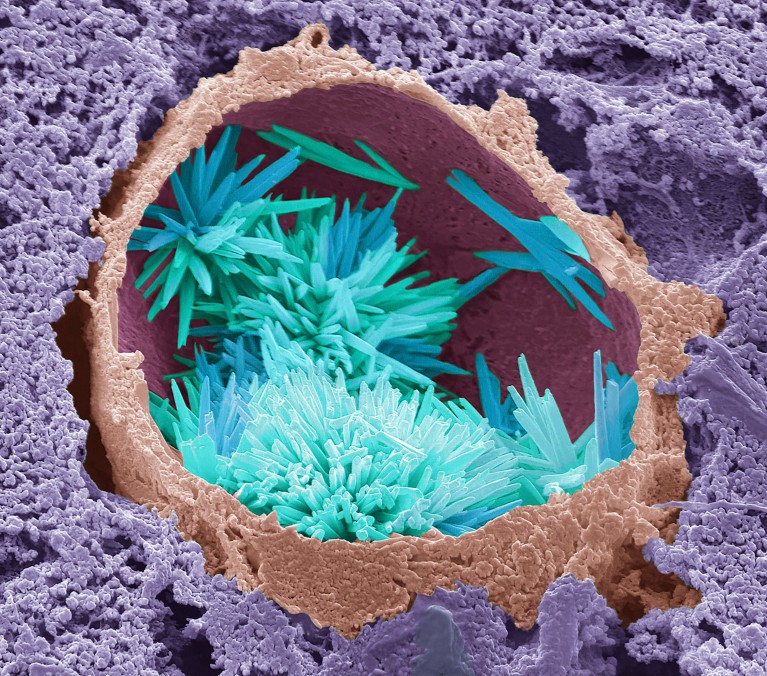CRISPR vs cholesterol: can gene editing prevent heart disease?
Author style: Punchy — this is a potential one-and-done shift in cardiovascular prevention; read the detail if you care about the future of how we treat common disease.
Summary
A small clinical trial using CRISPR–Cas9 to disable the ANGPTL3 gene produced large falls in blood lipids: at the highest dose, participants saw roughly 50% reductions in low-density lipoprotein (LDL) cholesterol and triglycerides. The study, reported in the New England Journal of Medicine on 8 November 2025, involved just 15 people so far, but it has reignited interest in gene editing as a potential one-off treatment for a major cause of heart disease.
Key Points
- CRISPR–Cas9 therapy targeting ANGPTL3 reduced LDL and triglyceride levels by about 50% in those given the highest dose.
- Only 15 people have received the treatment to date; results are initial and from a small trial.
- The approach aims to replace daily cholesterol-lowering regimens with a single intervention.
- Major remaining questions include long-term safety, rare side effects, cost and public acceptance.
- Multiple companies and research groups are now pursuing gene-editing strategies for common cardiovascular conditions.
Content summary
The trial used CRISPR to disable ANGPTL3, a gene that helps regulate levels of LDL and triglycerides. At the highest dose tested, both lipid types fell by roughly half, a magnitude that could meaningfully reduce cardiovascular risk if sustained long term. Researchers and industry see promise in moving from chronic therapy to a one-off treatment, but emphasise that more extensive safety testing is essential — CRISPR-based therapies have so far been used in only a few hundred people worldwide.
The article places this trial in a broader context: over the past decade interest in applying gene editing to common diseases such as high cholesterol has grown, with several companies now developing similar approaches. Yet translating early efficacy into an approved, widely used therapy will require large trials capable of detecting rare adverse events, and there are open questions about pricing and whether patients will opt for an irreversible, one-time genetic intervention.
Context and relevance
This story matters because cardiovascular disease is the leading global killer, and current cholesterol management relies heavily on lifelong medication and adherence. A safe, effective gene-editing therapy could transform prevention and reduce the burden of chronic medication. The trial is an early but important proof of concept that aligns with wider industry trends: moving gene editing beyond rare disorders into treatments for conditions that affect millions.
Why should I read this?
Short version: if you’re interested in where medicine is heading — fewer pills, more one-off fixes — this is a neat snapshot of that future. It’s exciting, cautious and a good heads-up about big changes that could be coming to heart disease treatment (if the safety and cost questions get sorted).

